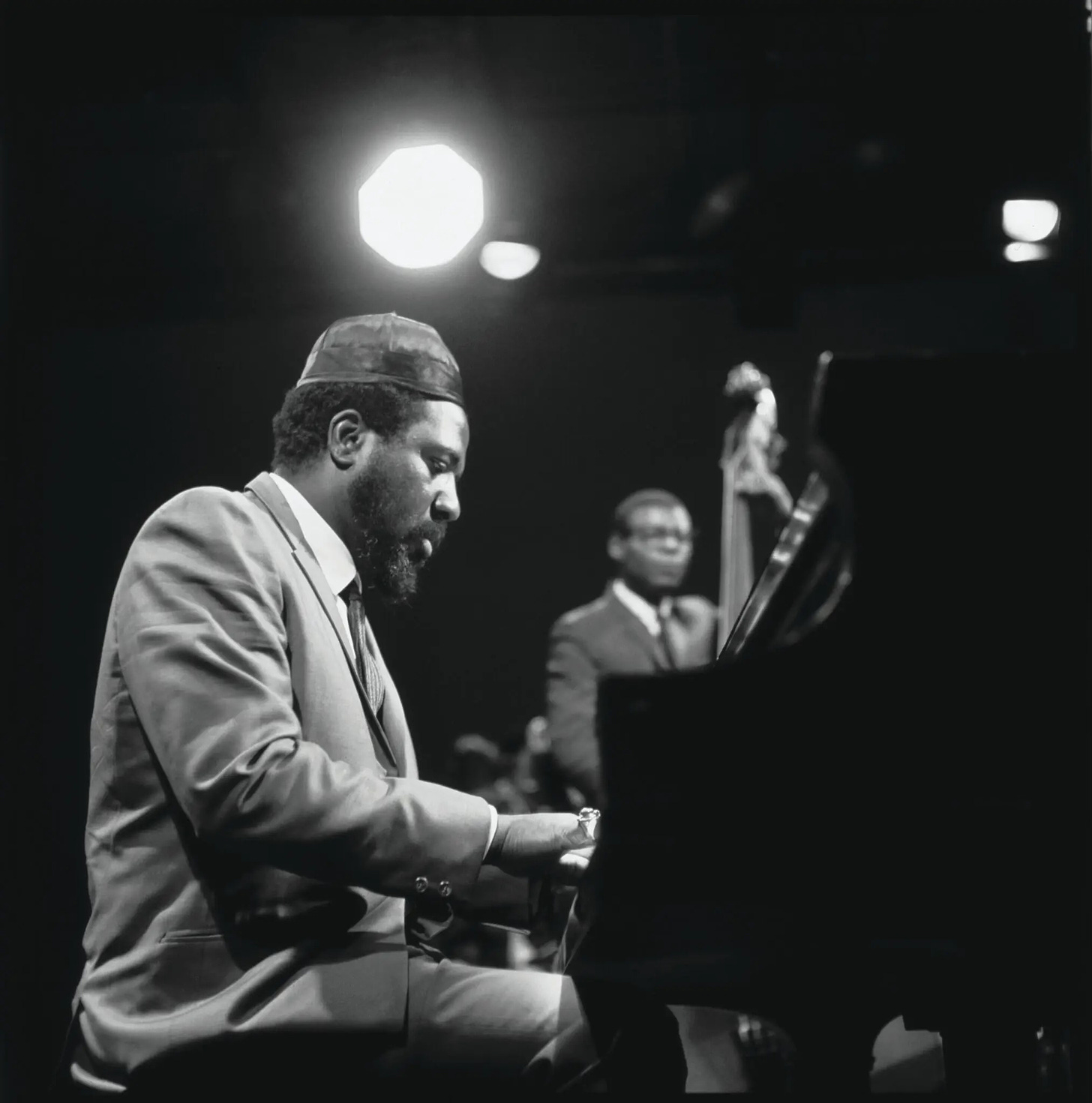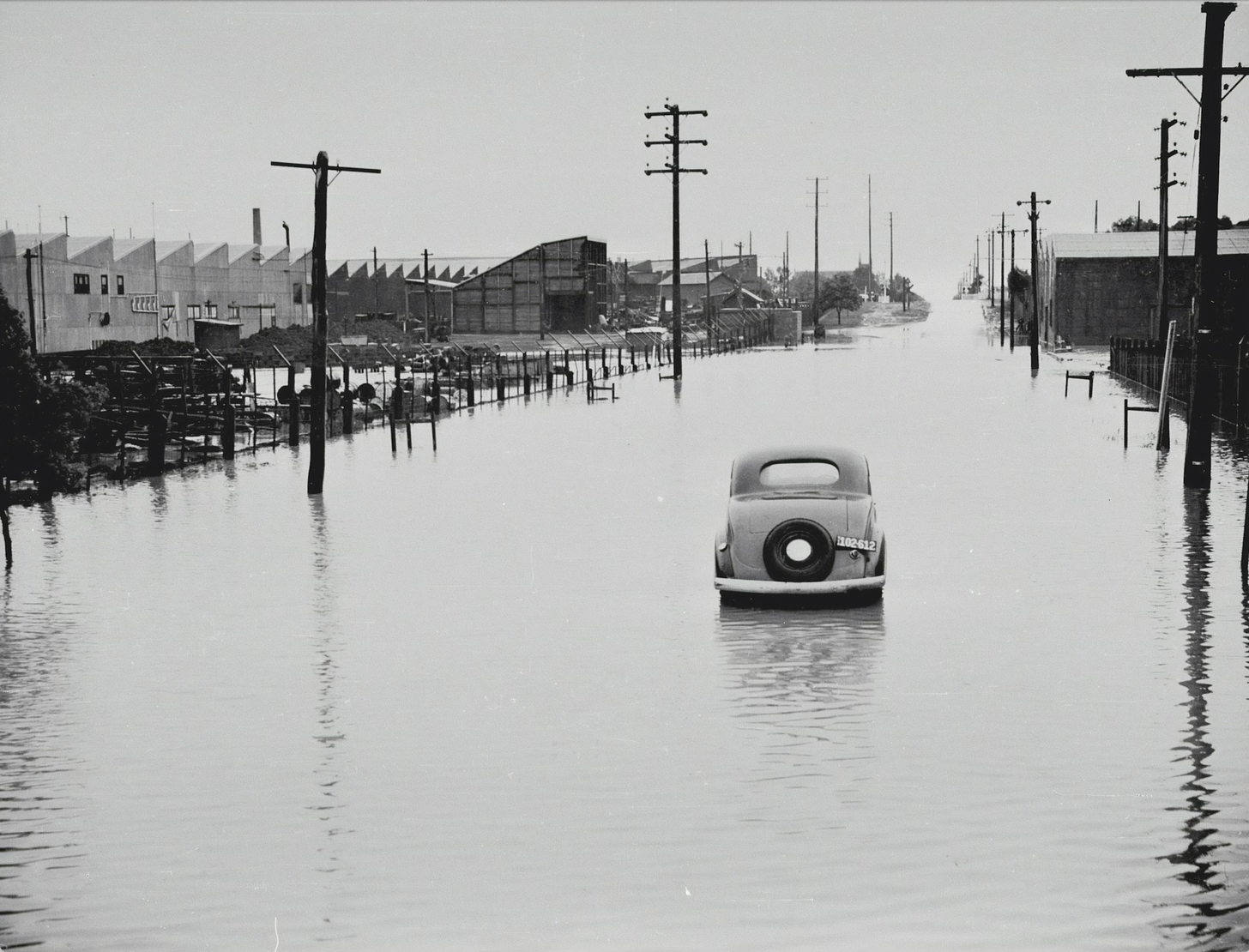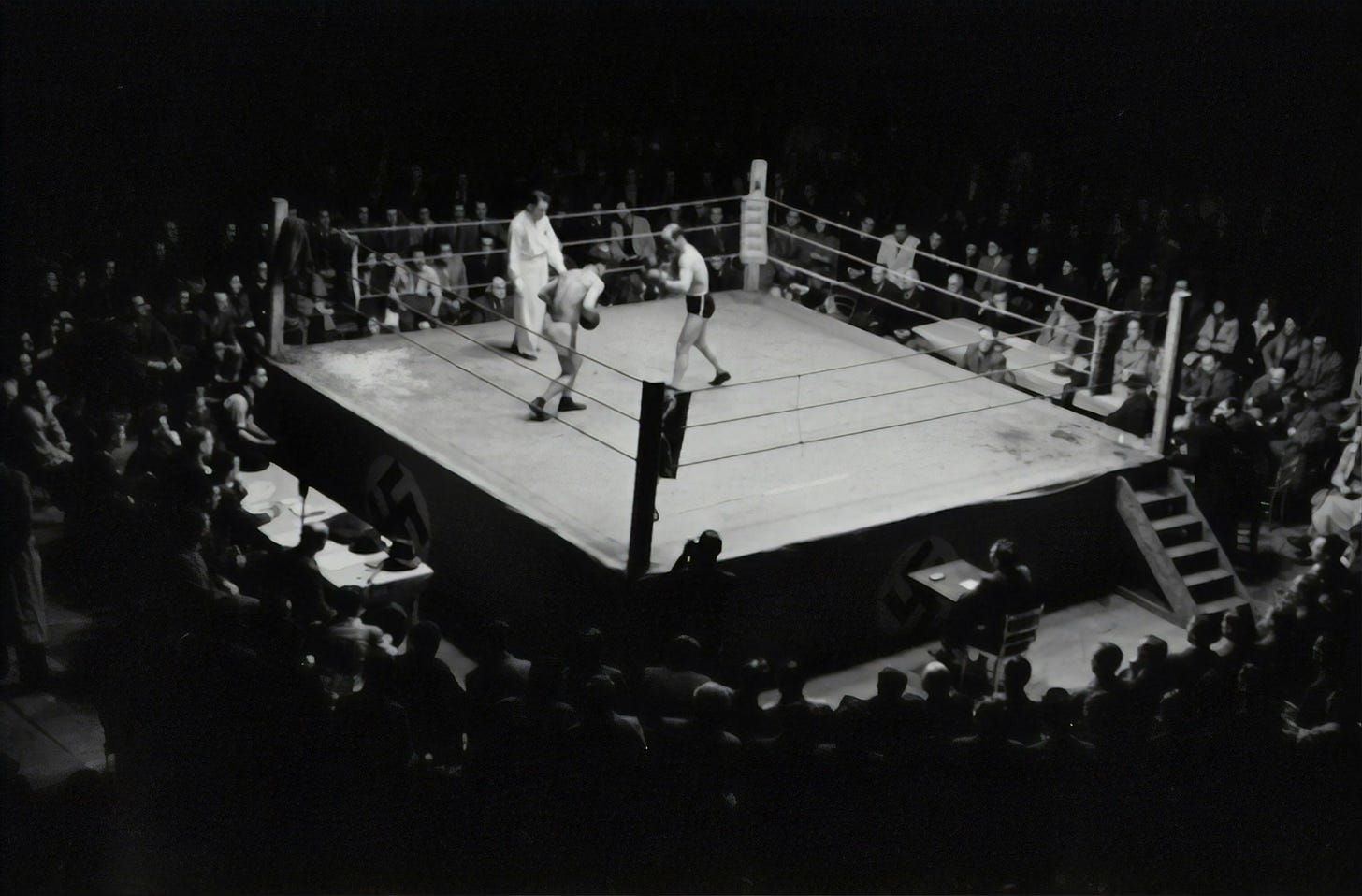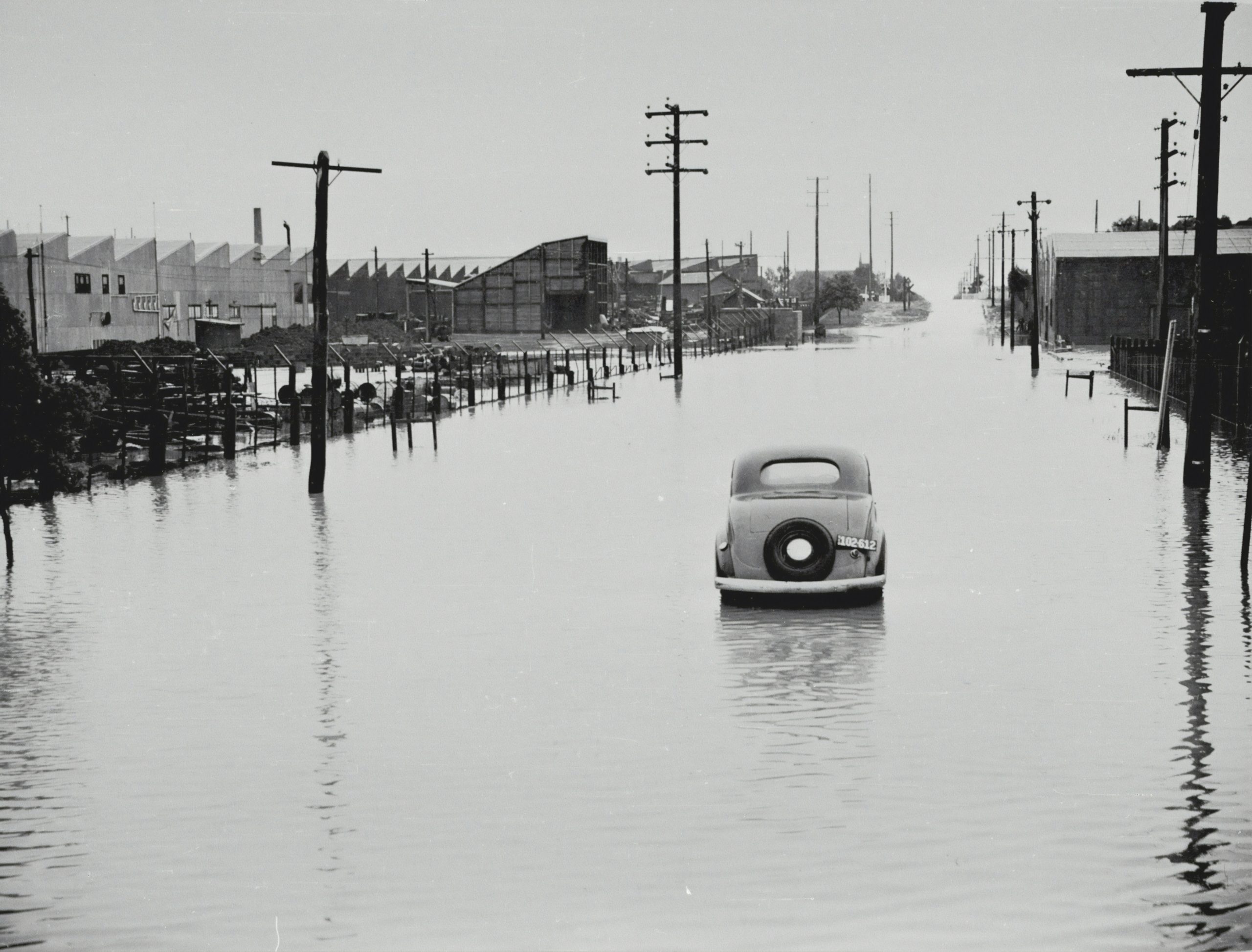When thinking about Contrast (this month’s theme, meditation HERE), I often recall this great quote from Jazz legend Thelonious Monk:
“The piano ain’t got no wrong notes.”
It’s all in the playing, of course, meaning it’s about the notes you play afterward that make things sound right or wrong.
Or, as another jazz great Bill Evans said:
“There are no wrong notes, only wrong resolutions.”
It’s all about the ending, in other words.
Or is it…?

Here are the opening lines from a poem by Jack Gilbert:
FAILING AND FLYING
Everyone forgets that Icarus also flew.
It’s the same when love comes to an end,
or the marriage fails and people say
they knew it was a mistake, that everybody
said it would never work. That she was
old enough to know better. But anything
worth doing is worth doing badly.
If you need a Greek mythology refresher, Icarus’ father Daedalus crafted wings from wax and feathers.
The story is usually told as a cautionary tale, focusing on hubris—throwing caution to the wind and flying too close to the sun.
Unlike billionaires eager to conquer space, however, Icarus and his dad were not mere thrill seekers.
Instead, they were trying to escape the fabled labyrinth in which they were imprisoned.
Soaring above it all was their only way out.

Flying too close to the sun is just one kind of painful ending.
Robert Frost famously reminds us that the world can end in fire or ice.
Or even just plain water.
Particularly with the recent hurricane and floods dominating the news, I’m reminded of The Parable of the Drowning Man.

The story is simple.
A man––sometimes he’s identified as a preacher––is stuck on the roof of his house during a flood, praying for God to save him.
As the floodwaters rise, several rescue opportunities come his way.
First, a neighbor in a rowboat arrives and offers him a ride, but the man declines, saying, “No, thanks, God will save me.”
Later, another man in a motorboat comes by and urges him to get in, but again, the man refuses, insisting, “God will save me.”
Finally, a helicopter hovers above.
As the rescuer lowers a ladder, the man still refuses, saying, “No, thanks. I’m waiting for God to save me.”
Eventually, the waters rise too high, and the man drowns.
When he reaches heaven, he asks God, “Why didn’t you save me?”
God replies:
“I sent you a rowboat, a motorboat, and a helicopter!
What more did you want from me?”

In a similar way, I was reminded of the parable this week realizing that the answer I wanted was right in front of me.
In this instance, I was trying to solve two problems, one promotional and one more existential.
For the former, I was pondering what the first book offering should be for the Premium Level Benefit Transformation Book Club.
Simultaneously, I was also musing about some spiritual clarifications around Contrast, hoping that the Universe would respond promptly, ideally by texting directly to my iPhone.
Then I remembered that my buddy Joe had sent me a New York Times article at the beginning of the summer about a publishing phenomenon that I found both inspiring and unsettling (it involved, for example, TikTok).
Skimming it, I put the possibility on the back burner until I realized—just before a long-overdue conversation with my previous book agent—that a hovering project idea of mine might be similarly launched.
Almost immediately, I questioned whether my agent would be receptive to the idea.
Was the whole thing just too untraditional and fringe?
Then I re-read the Times article only to discover that my agent actually represented the project in question.
In other words, I was about to pitch her a “wacky idea” that was, in fact, her latest triumph.
In that same conversation, she detailed another client’s book, one that’s also a major success and #1 in several Amazon categories right now.
Like the preacher ignoring the boats and helicopters, at first I didn’t put these synchronicities together.
Someone was recommending a book to me that would be not only an ideal choice for the book club, it turns out it was the book I needed to read for my own life inquiries.
I was looking for a breakthrough, not realizing that, like the preacher, my answer was already waiting in the form of synchronicities I had yet to piece together.
If you’d like more info on the book in question or the Transformational Book Clubthat comes with Premium, just click

Returning to Jack Gilbert’s poem from earlier, I particularly like the lines:
“anything
worth doing is worth doing badly.”
This becomes a thousand times more true when we take the final score out of the calculation.
It’s not always easy to make choices from a purely passionate place without factoring in the final results.
It’s the classic “journey not the destination,” the path over the prize.
Indeed, as Bukowski tells us in The Laughing Heart:
you can’t beat death but
you can beat death in life, sometimes.
At the very least, you can put up a solid fight.

My favorite lines in the poem though are its ending ones:
I believe Icarus was not failing as he fell,
but just coming to the end of his triumph.
Indeed, how much more heartening to think of any painful ending––the loss of a job, a home, a relationship––not as a failure, but as the end of a triumph?
Although we would be wise to beware freedom’s dizzying heights, sometimes the only way out of the maze is to transcend it and take flight.
Other times, despite the apparent contrast, the answers are blatantly in front of us––actually one theme in October’s book choice––although we’re perfectly free to ignore them as the flood waters rise.
As in jazz, there are no wrong notes, just unsatisfactory resolutions.
Contrast––in jazz, mythology, or life––can give us direction.
It’s not where you are, it’s where you’re headed, and no matter the level of contrast, with no destination guaranteed, you always get to choose a path.
Everything depends, in other words, on the thought you decide to think next.
Or whether you seize the opportunities in front of you—whether it’s a lifeboat or a ladder or a Transformation Book Club—when they’re offered.
You’re invited to join me in the helicopter…HERE
Namaste for Now.

